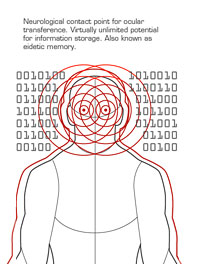

He suggests that "AJ"'s superior autobiographical memory is largely the result of specific impairments rather than enhancements. McGaugh, who coined the term, provides mostly speculation in "A Case of Unusual Autobiographical Remembering". Neuroscience īecause it is a recently discovered memory capability, neuroscientific explanations of hyperthymesia are scarce.


Importantly, having superior autobiographical memory does not translate to broadly superior memory in fact across tests like a digit span, visual reproduction, and word-pair memorization, those with hyperthymesia have no statistically significant difference from a control group. For example, "AJ", who has the first documented case of hyperthymesia, has difficulty consciously applying her memory strategies to help her memorize new knowledge, making her rote memorization abilities below average. Moreover, individuals with hyperthymesia do not focus on practiced mnemonic strategies. Unlike other people with advanced memory abilities, such as savant syndrome (who tend to use calendrical calculation), individuals with hyperthymestic syndrome rely heavily on their personal "mental calendar", which is an automatic and obsessive process. Hyperthymesia has both enhanced autobiographical and episodic memory There is an important characteristic of hyperthymesia: People with the syndrome have an unusual form of eidetic memory to remember as well as recall any specific personal events or trivial details, including a date, the weather, what people wore on that day, from their past, almost in an organized manner. The capabilities of the affected individuals are not limited to recalling specific events from their personal experience. The term thymesia is derived from the Greek word thymesis, meaning "memory" and the Greek meaning of "hyper" means "over". Hyperthymesia, or hyperthymesitic syndrome, is superior autobiographical memory, the type of memory that forms people's life stories.


 0 kommentar(er)
0 kommentar(er)
